Article
Dimensions of Wellness
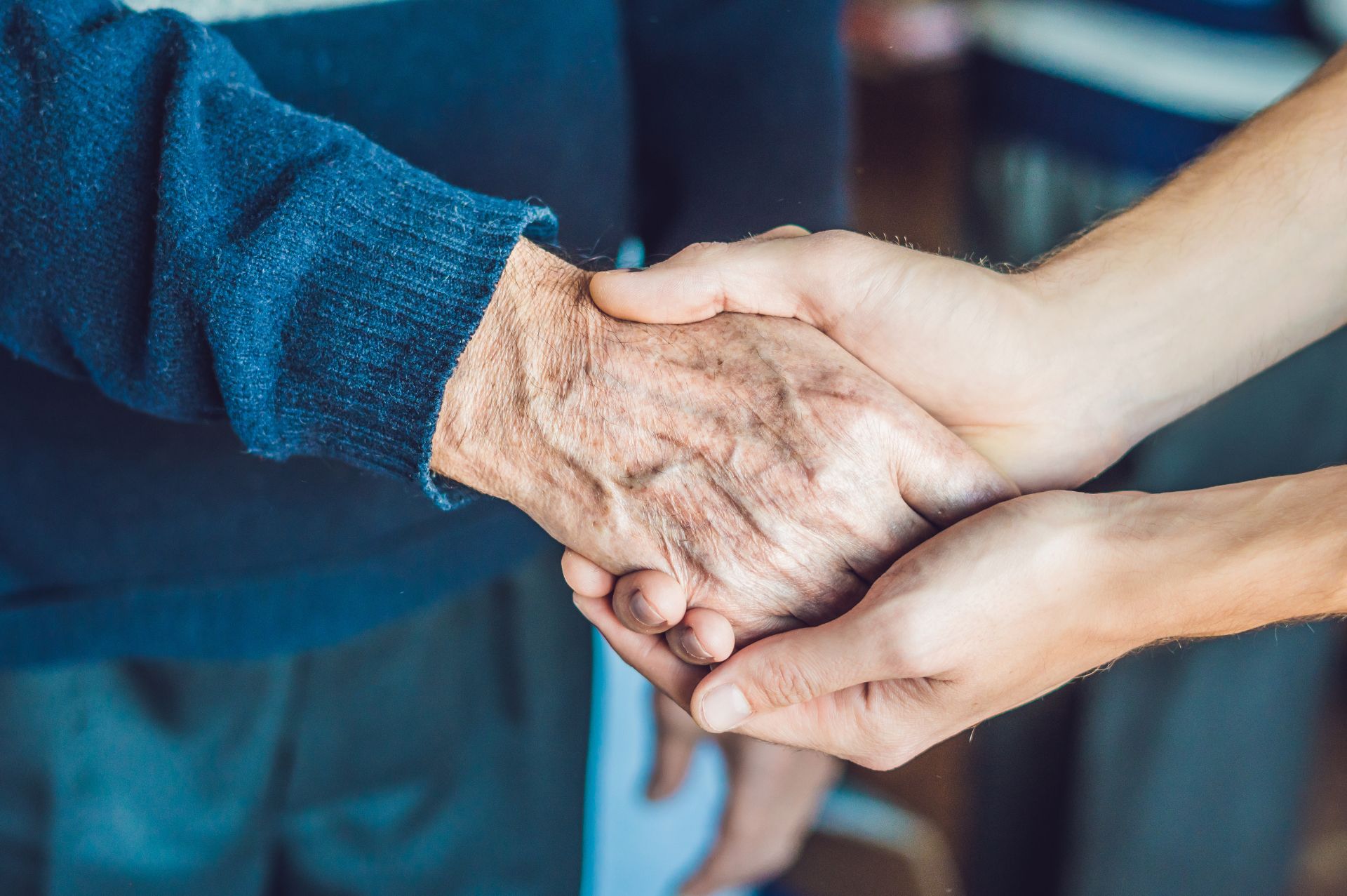
Health
Authored by Krishnaa Nair
The core of elder care is rooted in catering to a diverse and interconnected array of needs and aspirations among senior citizens. Drawing from DL Stoewen’s research on the eight dimensions wellness, this comprehensive approach expands beyond the confines of physical health, intertwining various elements that collectively enhance the quality of life for older adults. This holistic model emphasizes that each dimension of wellness, whether physical, emotional, intellectual, or others, plays a unique and significant role in the well-being of senior citizens.
Focusing on the enjoyment and benefits derived from physical activities, this approach highlights the profound impact regular exercise has on both physical health and mental and emotional well-being. The National Institute on Aging has shown that physical activities significantly reduce risks associated with aging, such as falls, while also promoting cognitive health (National Institute on Aging, 2020). This interplay between physical activity and other wellness aspects underscores the importance of an integrated care approach, where activities cater to multiple needs simultaneously.
Creating environments that promote emotional well-being is an intricate task, intertwined with social and intellectual wellness. The American Psychological Association links emotional health in senior citizens to better overall health outcomes (American Psychological Association, 2018). Activities fostering emotional wellness, such as group interactions or shared hobbies, extend beyond addressing emotional needs, also offering intellectual engagement and social interaction opportunities. This strategy highlights the interdependence of different wellness dimensions in elder care.
Intellectual stimulation in elder care often emerges through activities that encourage socialization and emotional engagement. Book clubs or educational seminars, for example, provide mental stimulation, social connection opportunities, and emotional enrichment. This demonstrates the interconnected nature of intellectual, social, and emotional wellness, where activities simultaneously enhance various aspects of a senior citizen's life.
The role of environmental wellness in elder care is critical. Thoughtfully designed living spaces that promote safety, comfort, and independence directly affect older adults' physical health, emotional states, and cognitive functions. The environment, from its layout to its connection with nature, can create a sense of tranquility and belonging, integral to overall wellness.
Incorporating spiritual and occupational wellness into the daily lives of senior citizens offers profound benefits. Spiritual practices, whether organized religious activities, meditation, or nature-based experiences, provide emotional and mental well-being. Opportunities for meaningful engagement, like volunteering or pursuing hobbies, maintain a sense of identity and fulfillment, crucial for emotional and cognitive health.
Financial wellness, though often an overlooked aspect, is inextricably linked to other wellness dimensions. Effective financial resource management is essential in ensuring peace of mind for senior citizens, reducing stress, and positively impacting their emotional and physical health.
Providing holistic elder care requires a deep understanding of the multifaceted nature of wellness. It involves creating an environment and offering services that intertwine the various dimensions of wellness, ensuring a comprehensive experience that nurtures the physical, emotional, intellectual, social, spiritual, occupational, environmental, and financial well-being of senior citizens. This approach not only enhances the overall quality of life but also enriches their day-to-day experiences, affirming that each life stage offers opportunities for growth, connection, and joy. As professionals and caregivers in elder care, our privilege lies in facilitating this enriching journey, ensuring that senior citizens experience not just longevity but a life filled with fulfillment and happiness.
References:
Stoewen DL. Dimensions of wellness: Change your habits, change your life. Can Vet J. 2017 Aug;58(8):861-862. PMID: 28761196; PMCID: PMC5508938.
Thomas E, Battaglia G, Patti A, Brusa J, Leonardi V, Palma A, Bellafiore M. Physical activity programs for balance and fall prevention in elderly: A systematic review. Medicine (Baltimore). 2019 Jul;98(27):e16218. doi: 10.1097/MD.0000000000016218. PMID: 31277132; PMCID: PMC6635278.
Novotney, A. (2018, December 1). Working with older adults. Monitor on Psychology, 49(11). https://www.apa.org/monitor/2018/12/working-older-adults
Related Resources
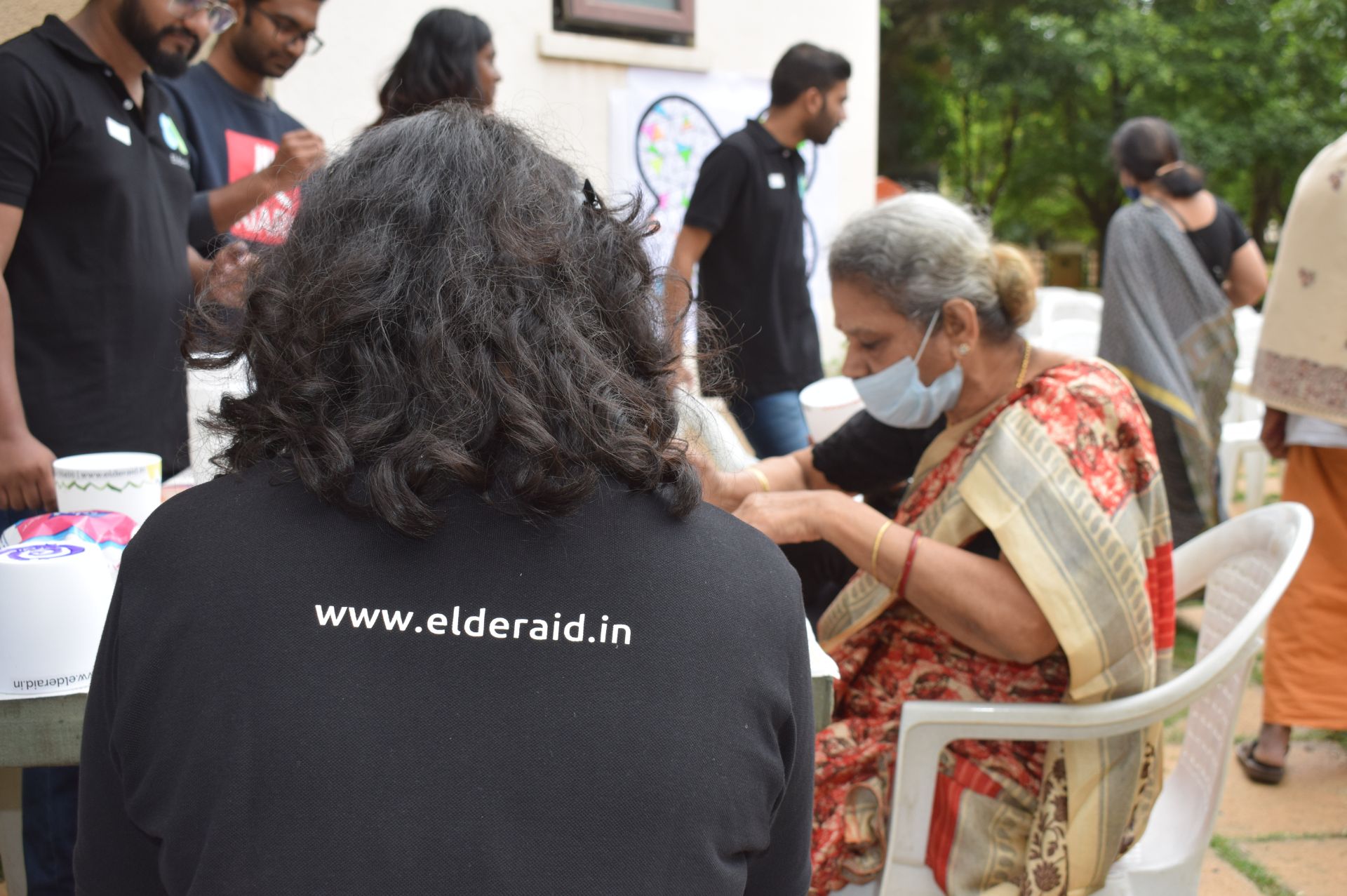
Article
Health
Having Fun Is Key!

Article
Health
Dementia and Creative Therapy

Article
Health
Stroke in Seniors: Understanding, Prevention and Care

Article
Health
Managing Chronic Pain in Seniors: Strategies to Ease Pain

Article
Health
Promoting Mental Health and Well-Being in Seniors: A Guide
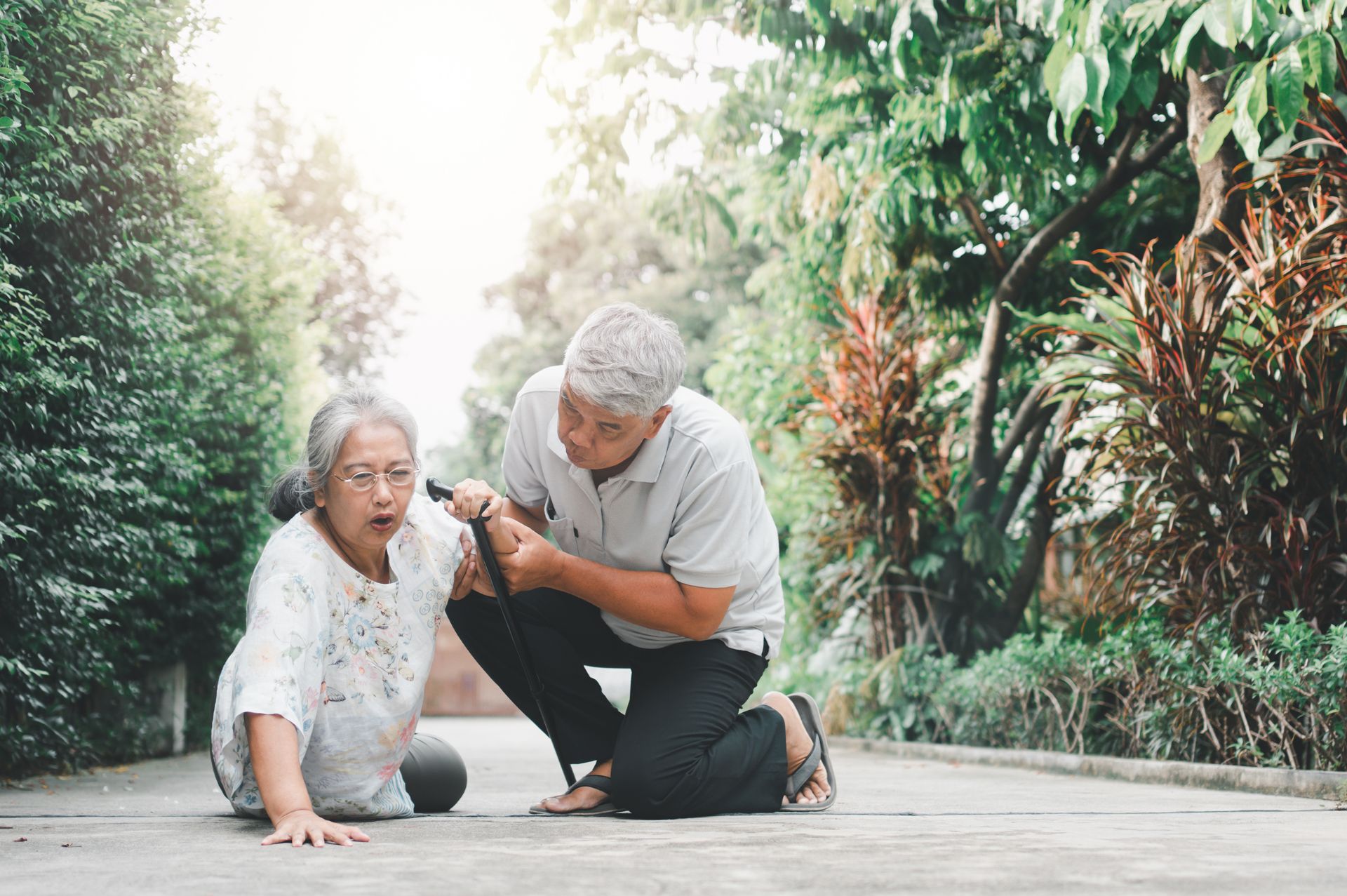
Article
Health
Fall Risk in Seniors: Understanding, Preventing and Managing

Article
Health
Dementia Care: The Promise of Artificial Intelligence

Article
Health
Living Well with Dementia: A Guide for Caregivers

Article
Health
The Latest Advances in Dementia Research

Article
Health
10 Ways to Reduce the Chances of Getting Dementia

Article
Health
Dementia Care: A Comprehensive Guide for Families

Article
Health
Adapting Your Diet With Age: Factors to Consider

Video
- 0-15
- min
Health
Blood Pressure as we age: What is a healthy target?

Article
- 0-15
- min
Health
What is the relationship between Diabetes & Dementia

Article
- 0-15
- min
Health
Is tight blood sugar control right for older adults with diabetes...

Article
- 0-15
- min
Health
High Blood Pressure Guidelines and Treatments for Seniors
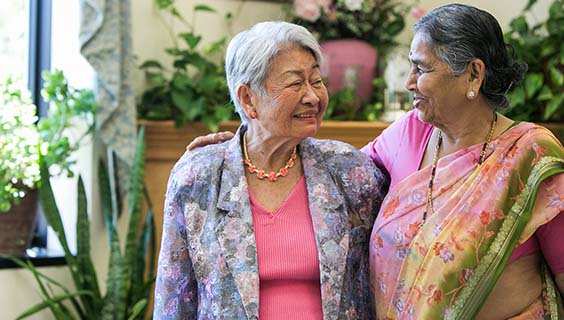
Article
- 0-20
- min
Health
Cognitive Health and Older Adults

Article
- 0-20
- min
Health
Dietary Supplements for Older Adults
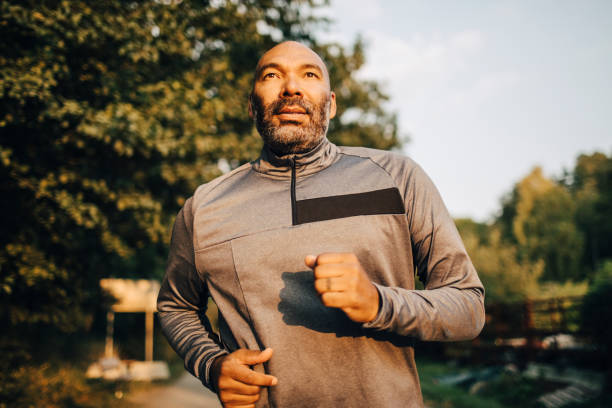
Article
- 0-20
- min
Health
Scientific Secrets to Healthy Aging

Article
- 0-15
- min
Health
Hearing Loss: A Common Problem for Older Adults

Article
- 0-20
- min
Health
Age-Related Memory Loss

Article
- 0-20
- min
Health
What to Know About Pneumonia in Older Adults

Article
- 0-10
- min
Health
8 Early Signs of Arthritis You Should Never Ignore

Article
- 0-10
- min
Health
7 Gentle Exercises for Seniors With Arthritis

Guide
- 0-45
- min
Health
A Caregiver's Guide to Arthritis
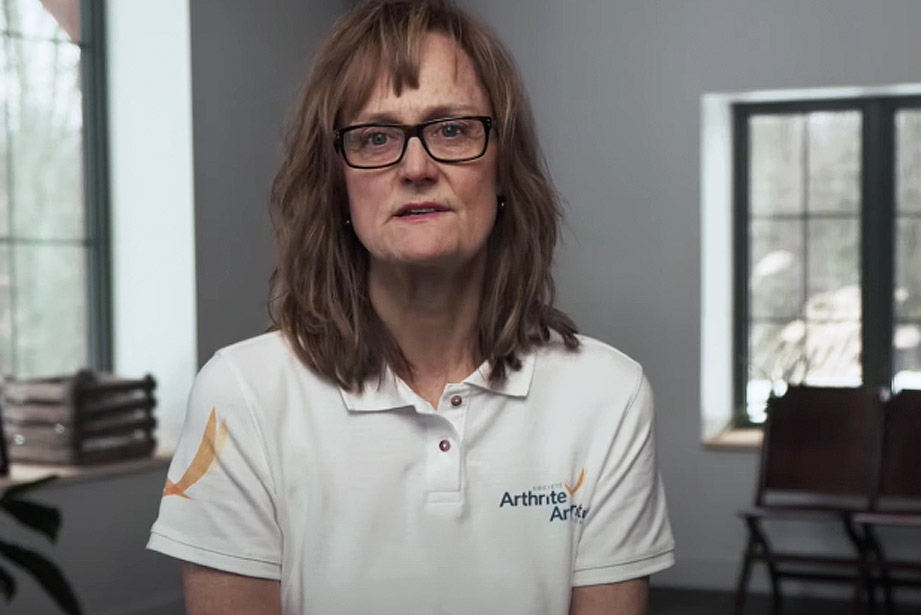
Video
- 0-4
- min
Health
Arthritis Advice - Arthritis and Caregivers

Article
- 0-15
- min
Health
A Good Night's Sleep

Video
- 0-5
- min
Health
Caregiver's survival guide: how to care for the Elderly
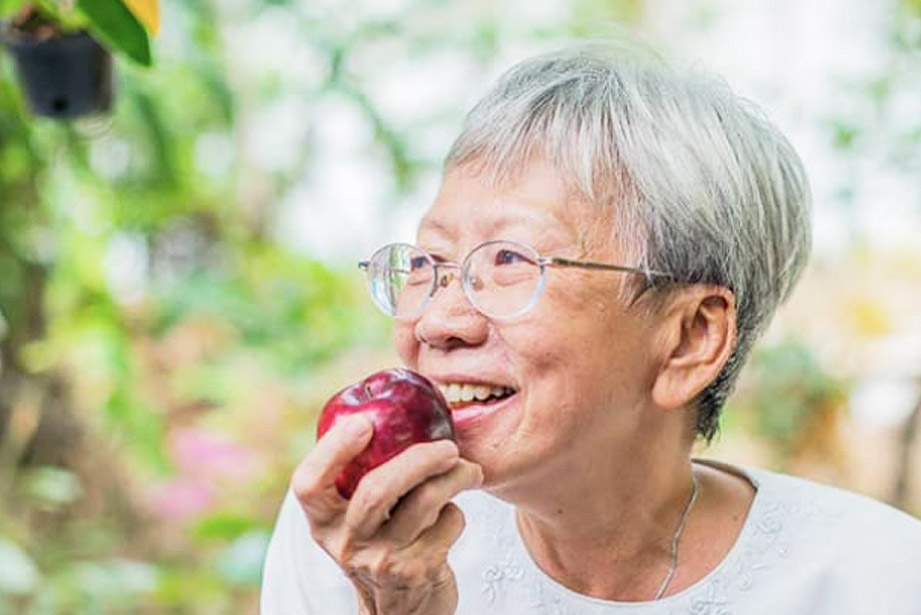
Article
- 0-5
- min
Health
5 Foods That Help You Sleep Through the Night as You Age
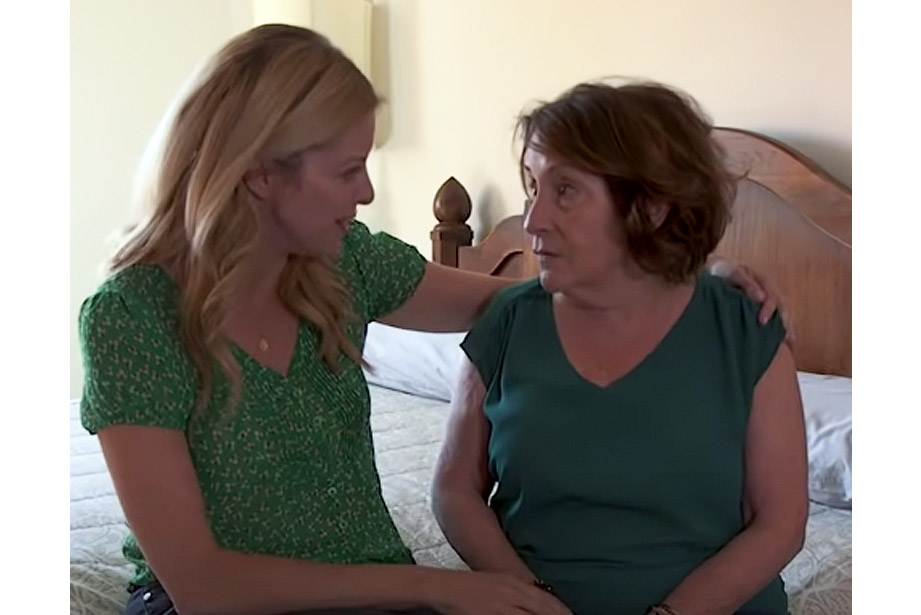
Video
- 0-6
- min
Health
Agitation and Anxiety

Video
- 0-4
- min
Health
Refusal to take medicines

Video
- 0-5
- min
Health
Refusal to take a bath
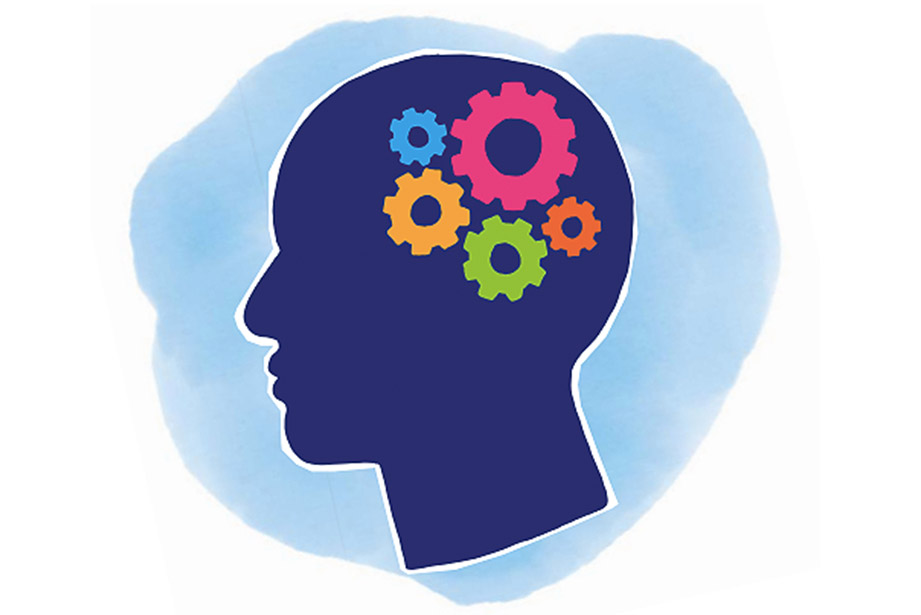
Guide
- 0-45
- min
Health
Your mind matters
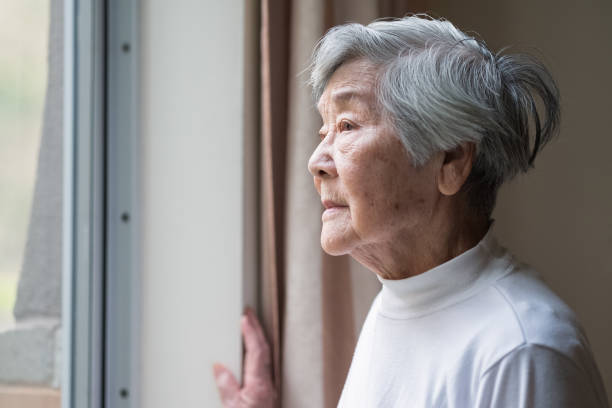
Article
- 0-5
- min
Health
Mental health of older adults

Article
- 0-5
- min
Health
Signs and Symptoms of Mental Health Issues in Elderly People

Guide
- 0-1
- hours
Health
Eating well with dementia: practical tips for family carers
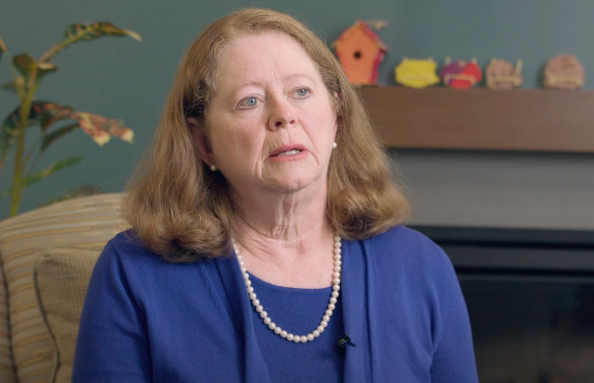
Video
- 0-11
- min
Health
The Importance of Nutrition and Signs of Malnutrition in Persons...

Article
- 0-10
- min
Health
Meal Appeal: Help Loved Ones with Dementia Get the Nutrition They...
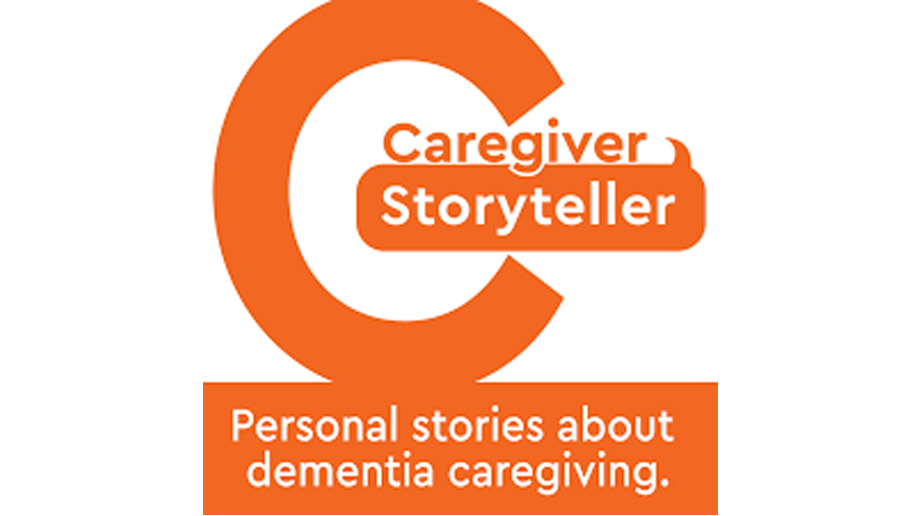
Podcast
- 0-43
- min
Health
Alzheimer's & Dementia Caregiving: You Matter

Podcast
- 0-15
- min
Health
Dementia together podcast
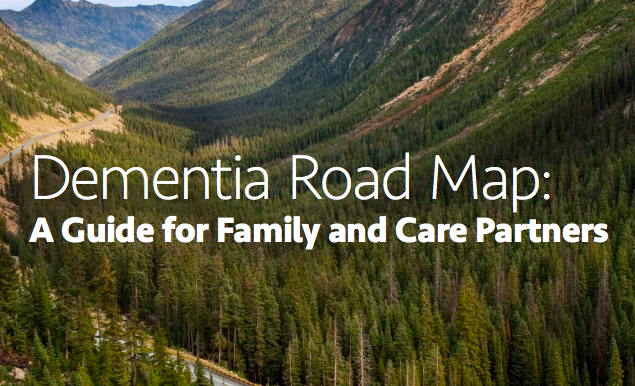
Guide
- 0-60
- min
Health
"Dementia Road Map: A Guide for Family and Care Partners"

Video
- 0-20
- min
Health
Dementia is preventable through lifestyle. Start now

Guide
- 0-60
- min
Health
Caregiver Training Videos

Article
- 0-15
- min
Health
Reducing Your Risk for Dementia

Article
- 0-10
- min
Health
What Is Dementia?
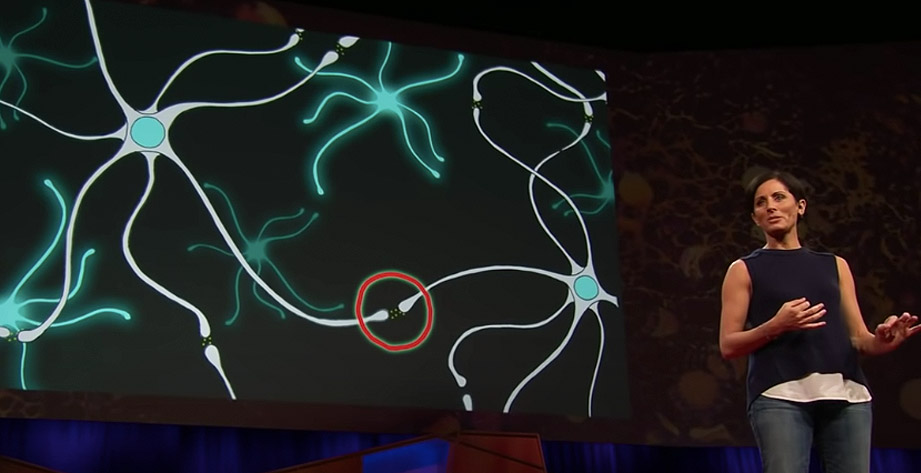
Video
- 0-14
- min
Health
What you can do to prevent Alzheimer's | Lisa Genova

Article
- 0-15
- min
Health
Caring for a Person With Late-Stage Alzheimer's Disease

Article
- 0-10
- min
Health
Coping Strategies for Alzheimer's Disease Caregivers
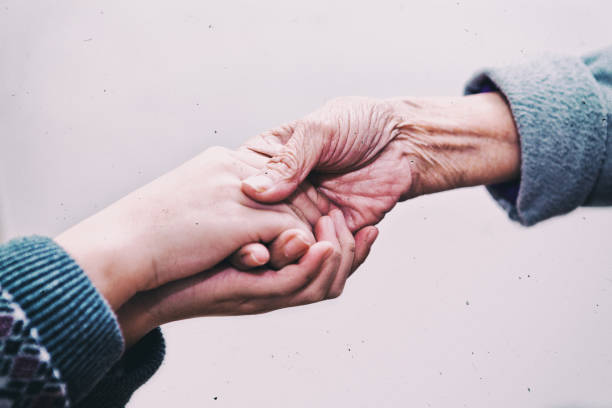
Guide
- 0-20
- min
Health
How to support a person with dementia to eat and drink well?

Article
- 0-10
- min
Health
Preventing Alzheimer’s Disease and Dementia—or Slowing its Progre...

Video
- 0-17
- min
Health
Power Foods for the Brain
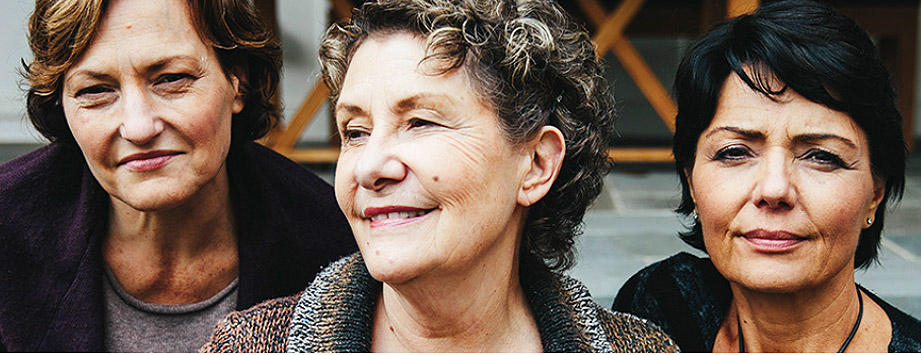
Guide
- 0-20
- min
Health
Caregiving for Alzheimer's
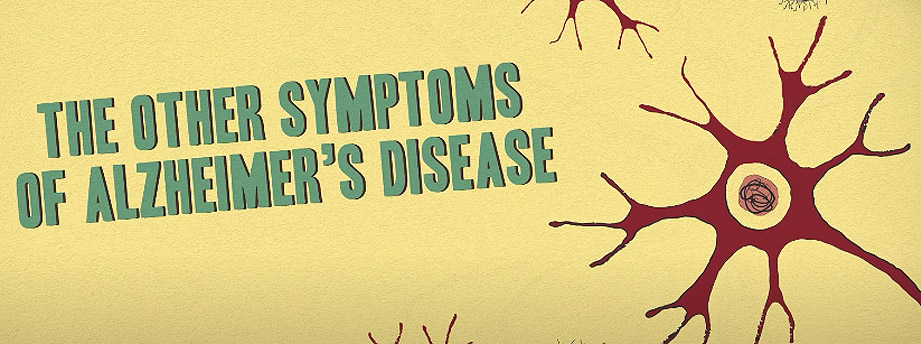
Video
- 0-5
- min
Health
The Other Symptoms of Alzheimer's Disease
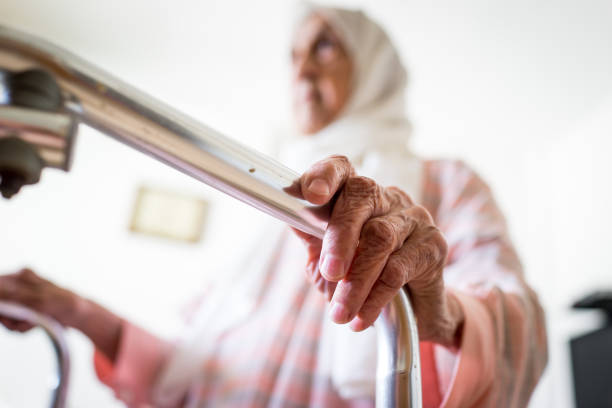
Article
- 0-10
- min
Health
Alzheimer's Disease and Exercise: Safety Tips, Activities and Mor...
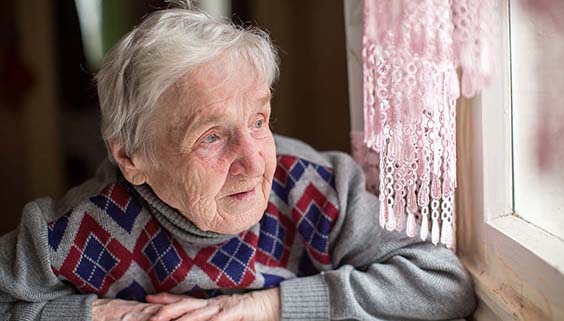
Article
- 0-5
- min
Health
What Is Alzheimer's Disease?

Toolkit
- 0-20
- min
Health
Caregiver Nutrition Education Toolkit

Article
- 0-10
- min
Health
9 Nutrients Older Adults Need for Nutrition and Health

Video
- 0-6
- min
Health
Healthy Aging with Nutrition

Article
- 0-15
- min
Health
Making Sense of Nutrition Advice for Seniors



